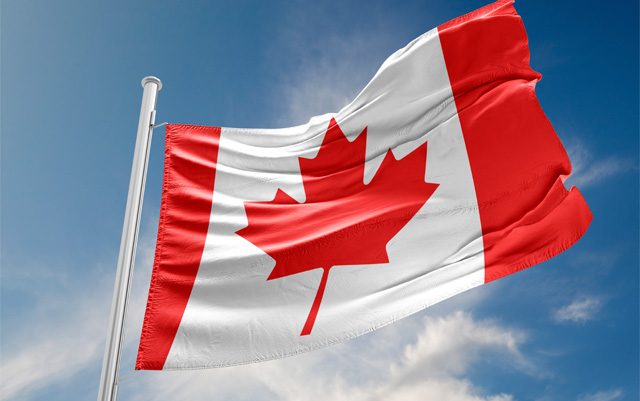It was almost a year ago that Canadian Prime Minister Justin Trudeau made his promise to end prohibition of cannabis in Canada – a promise that he had made along his campaign trail and has been trying to make good on ever since. Being one of the biggest and most controversial issues that Trudeau expected to tackle as Prime Minister, it makes sense that he would try to get to it as soon as possible. But last year he promised that the change would happen before April 20th of the following year (this year) and things have certainly fallen a bit short of that deadline.
While no new legislation is going to be in place by April 20th of this year, there is news that they will be making an official announcement the week of April 10th regarding the legislation that is to be put into place to make cannabis legal by July 1st of 2018, over a year away. This comes after a long year of preparation, which included the assembly of a task force that provided a full report on the legalization of cannabis and how to best execute such a change on a federal scale – which is certainly no small task.
Until new legislation is in place – which likely won’t be until that July 1st deadline next year – the laws will remain the same according to statements Trudeau made earlier in March. When that time finally comes however, it will be a world of change for Canadians who will no longer have to fear arrest over a plant – all they have to do is make sure that they know what the new laws are at both a federal and local level because while the federal government will oversee some things, it will leave many decisions up to the individual provinces of the country.
The Canadian government will primarily be overseeing the production, regulation and testing of all cannabis products, and they will also be in charge of licensing all producers of commercial cannabis. When it comes to how that cannabis will be distributed, however, those issues will be left in the hands of provinces to determine. Individual provinces will also have the ability to set their own prices for cannabis products, and determine if they agree with the federal minimum age, which is 18, or if they wish to push that back a couple years – similar to laws in the U.S. where all legal cannabis states restrict sales and possession to those 21 and older.
When it comes to individuals, those hoping to grow their own cannabis at home will be able to cultivate up to four plants per household, not per individual. While Canada may be prepared to allow younger adults to use cannabis, unlike in the U.S., they are certainly being a little more cautious about home growing by allowing it, but in much smaller numbers compared to most U.S. states with legal recreational cannabis, which tend to allow anywhere from 6-12 plants per household.
This is likely an attempt to ensure that the black market doesn’t continue to thrive after legalization, which is important considering that putting an end to the illegal market is one of the main goals of legalization in the first place. Overall, it seems like Canada is preparing for a very successful step into legalization – and introducing legislation before April 10th puts them (sort of) in line with their promise from last spring since at least people will know it’s official and that legalization is really happening.






